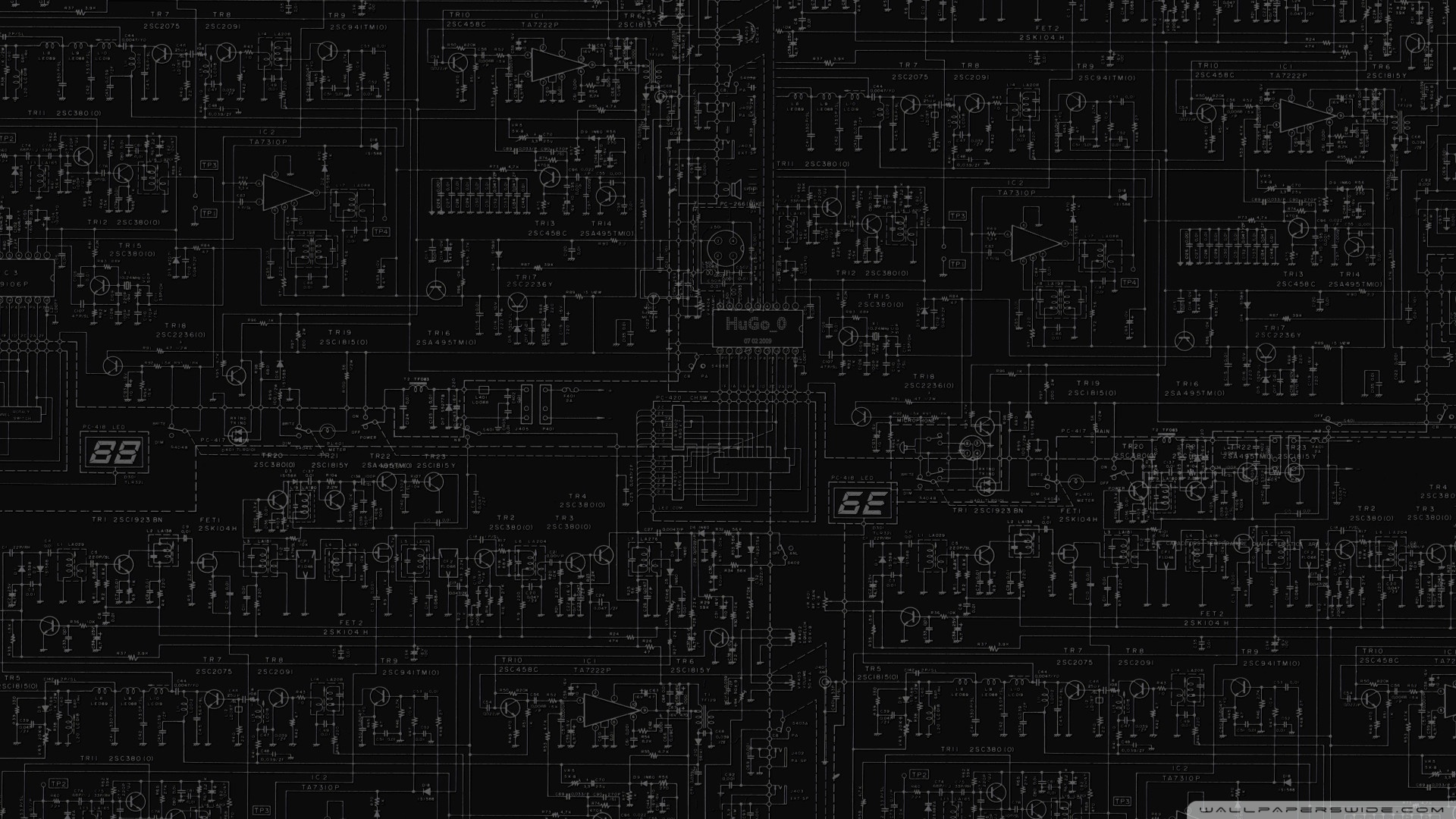Divan85
Well Known Member
Ok so I am looking at installing a loadshedding system. Baby on the way late February 2024 so days of sitting in the dark watching Youtube and Netflix is over, need some power for lights to change nappies and heat up bottles in the middle of the night.
Option A:
Deye 5kW Hybrid Inverter
Volta Stage 1 5.12kW LIFePO battery
R40k ex VAT ex installation
Option B:
Luxpower 5kW (off grid) Inverter
BlueNova 5.12kW LIFePO battery
R36k ex VAT ex installation
To solar or not to solar, that is the question. Thinking of adding 10x545W JA solar panels as well. R23k ex VAT ex installation.
What are your thoughts on the two options and also adding solar.
Still waiting on a quote for the installation, what should I expect based on what you guys have been charged for similar installations?
Option A:
Deye 5kW Hybrid Inverter
Volta Stage 1 5.12kW LIFePO battery
R40k ex VAT ex installation
Option B:
Luxpower 5kW (off grid) Inverter
BlueNova 5.12kW LIFePO battery
R36k ex VAT ex installation
To solar or not to solar, that is the question. Thinking of adding 10x545W JA solar panels as well. R23k ex VAT ex installation.
What are your thoughts on the two options and also adding solar.
Still waiting on a quote for the installation, what should I expect based on what you guys have been charged for similar installations?







